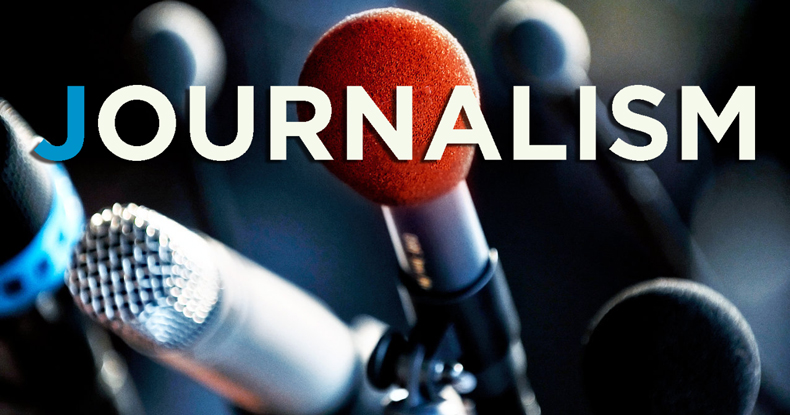
Evgeny Morozov, the Belarusian writer and researcher well-known for his critical approach to digital technologies and Internet hypes, is looking behind the “fake news crisis” in his article “Moral panic over fake news hides the real enemy the digital giants”, which was recently published in The Guardian.
Media outlets as well as Politicians are facing serious problems with the emergence of the “fake news phenomenon”. They are having a massive impact on various social and political levels – as seen during the Brexit and the US – Elections 2016.
Will the fake news crisis be the cause of democracy’s collapse?
Politicians and media outlets tend to blame Russian hackers for the political turmoil of 2016, but are they missing the real evildoer in the mazy and highly complex World Wide Web?
Are they turning a blind eye to the doings of the digital giants such as Facebook and Google?
Just as in reality, capitalism also rules the Web 2.0. Digital capitalism makes the very existence of fake news worthwhile for the digital giants on whose platforms these fake information and allegations are displayed. As producing a click – worthy narrative and a responsive audience is the essence of dissemination of fake news.
One has to acknowledge that the fake news crisis derives from economic origins. Moreover the concerned persons and media outlets ought to stop blaming the Kremlin as the initiator of fake news.
Yet the digital giants are not the only ones to blame. Morozov also shifts the focus to the corruption of today’s expert based journalism. It can likely happen that Think Thanks accepting funds from foreign governments or a European Commissioner starting work at Wall Street after serving his term at the European Union can likely result in the skepticism of the citizens against the “experts”.
Morozov recalls a case when not even the renowned media outlet Washington Post has tried to double check the truth behind a story about Russian cyberattacks damaging a power grid in Vermont, USA and advises the representatives of media outlets to overthink their approach and be more self – reflexive when complaining about the loss of their credibility.
“Apparently, an economy ruled by online advertising has produced its own theory of truth: truth is whatever produces most eyeballs”, states Morozov.
As a solution, the author suggests to overthink the basics of digital capitalism.
Online advertising and its “click and share drive” need to be less central to how we live, work and communicate. Furthermore it is his opinion, that the citizens should be more involved in the decision making process instead of leaving the power to the experts and corporations.
You can read the full article
here.